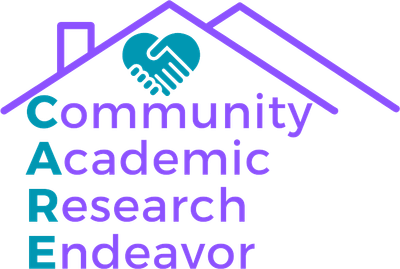Now Streaming: Disseminating CBT through Public-Facing Platforms
Despite decades of treatment efficacy and effectiveness research, epidemiological data point to escalating unmet mental illness burden, low service utilization, and persistent disparities that highlight need for increasing public access to cognitive and behavioral science and practice. Direct-to-consumer communication about of evidence-based mental health tools may help to facilitate science-informed decision-making by providers, policymakers and the public. Effective communication may promote media attention, public health initiatives, funding opportunities, and legislative changes of particular importance to communities where historic and ongoing racism within public systems have limited access to mental health information, resources and care. However, there are few opportunities to practice dissemination in graduate training programs, and public-facing platforms have become increasingly complex. Panelists, representing diverse identities and career stages, have utilized various platforms to disseminate CBT kernels and content. Chou designed and published an emotion-enhanced children’s book to promote socioemotional learning, synthesizing scientific evidence with community partners’ insights. Morrow hosts the Queen Behavior Change to inform the public about science-based psychological assessment and treatment. Anderson co-founded Our Mental Health Minute, a YouTube series to reduce mental health stigma and support Black communities. Boustani has contributed to policy briefs distributed to 7,000 state and national legislators via research2policy.org. Youngstrom co-founded Helping Give Away Psychological Science, a student-based non-profit organization that builds and revises Wiki pages on mental health with scientific content. Panelists will share their journey leveraging public-facing platforms and provide insights towards (1) developing digestible content for publishers, policymakers, and community stakeholders; (2) assessing and improving public engagement; and (3) relevant professional development for investigators at different stages in their careers.
Learning objectives:
- Describe dissemination strategies pertaining to CBT and other empirically-supported information related to mental health
- Discuss experience in navigating public-facing platforms to support science-informed decision-making in the community
- Offer advice for professional development across career stages



